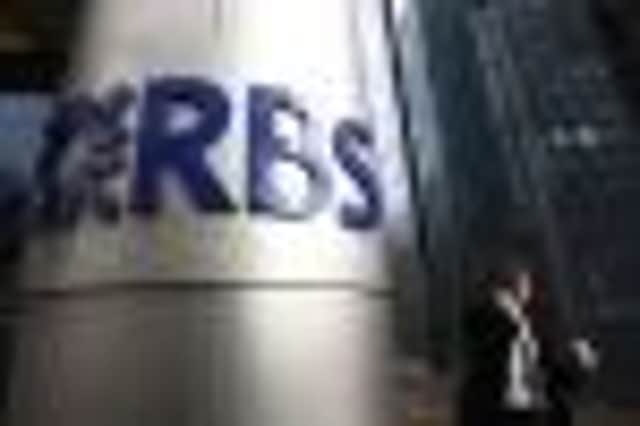RBS brushes aside competition probe to set Direct Line float price


The mid-point pricing is towards the lower end of previous City estimates and was issued shortly after the Office of Fair Trading (OFT) asked the commission to probe industry practices which have pushed up the cost of car insurance in recent years.
Industry analyst Eamonn Flanagan, of Shore Capital, said the investigation may have taken as much as £500 million off Direct Line’s price tag and placed “considerable uncertainty” over the profit outlook for the entire industry.
Advertisement
Hide AdAdvertisement
Hide AdHe suggested that the Competition Commission would “turn over every pebble” as it looked into how insurers of drivers involved in accidents through no fault of their own take advantage of the situation to make money referral fees and rebates on hire cars and repairs.
Margins on such fees can be as high as 85 per cent and account for around half of some insurers’ profits.
Yesterday, Admiral and RSA were among the notable fallers on the FTSE 100 on the prospect that the investigation, which could take as long as two years, will deny them a major revenue stream.
Flanagan said: “There are unlikely to be any winners emerging from this investigation, with considerable uncertainty likely to overhang the industry for up to two years, with the real risk of remedial action required thereafter.”
He said the OFT’s decision to ask for a wider probe “put a spanner in the works” for the Direct Line flotation. He had previously valued the business at between £3bn to £3.2bn, but now sees £2.7bn as more realistic.
He estimated that Direct Line, which includes the Churchill and Green Flag brands, generated about 30 per cent of its operating profits from “ancillary income” such as that being investigated.
RBS is being forced to divest its insurance arm as a condition of its state bail-out, and has chosen to float the business on the stock exchange instead of selling it privately.
The move has already led to criticism from some prospective private equity buyers who claim RBS refused to talk to them.
Advertisement
Hide AdAdvertisement
Hide AdNormally a seller would talk to potential private buyers even if it is planning a flotation, as any offers would help to establish a floor price.
However, a consortium including Advent, Bain Capital and Blackstone said it was considering a bid but had reportedly been unable to persuade RBS to open Direct Line’s books.
Yesterday, the flotation process was formally started with a price range set at 160p to 195p per share, valuing the business at between about £2.4bn and £2.9bn and giving a market value of £2.66bn at the mid-point of the range.
The bank expects to fix a final price on or around 11 October, with the new company expected to be admitted to the stock exchange the following week.
It is initially offering up to 500 million shares or about a third of the business for sale, raising up to £975 million for taxpayer-backed RBS if it achieves the top end of its price expectations. The bank will then sell out its stake throughout the following year to meet its obligations under European state aid rules.
A spokesman for the company said it welcomed the Competition Commission’s investigation.